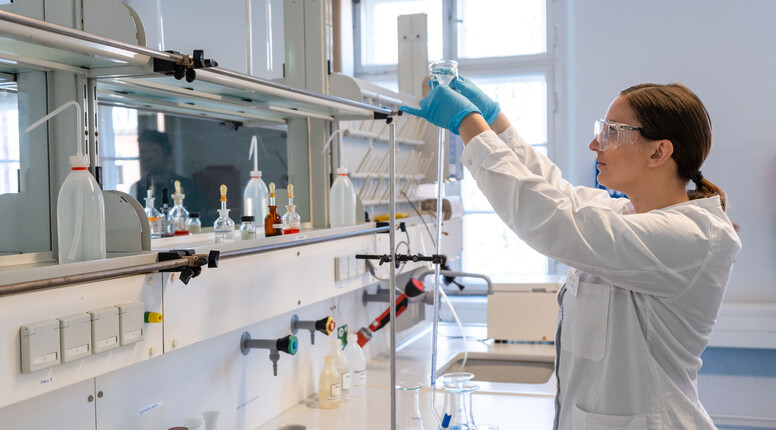Resources, Recycling and Circular Economy
1.320,00 €
The first phase of this course introduces the need for adapted and sustainable water management strategies. The concept of Circular Water Economy is presented, and the need to integrate sustainable chemistry and water quality management approaches to fulfill the requirements of the specific water reuse. Phase 2 will present the concept of bioresources, especially from vegetable feedstocks, in the scope of bio-circular economy. The main aim is to generate material and energy ideally with indefinite maximization of the resources with no unrecoverable waste. Green and sustainable design, production and use of materials, processes and energy obtained from plant-based biomass, as well as their potentialities, limitations and other practical implications currently will be discussed, focusing on polymers. Emphasis will be given to case studies related to plastic products. Phase 3 will focus on metal resources and their relevance for modern society. As in principle metals are “eternal” materials their effective recycling and wider approaches for a circular economy can significantly contribute to reduce energy needs and waste streams linked to metal containing products of our daily life. Case studies from the clean mobility area will be used to elaborate why sustainable metals management is an imperative for the future.
| Ist zugangsbeschränkt: | Ja |
|---|---|
| Voraussetzung - Hochschulzugangsberechtigung: | Nicht erforderlich |
| Voraussetzung einjährige Berufserfahrung: | Erforderlich |
| Voraussetzungen - Sprache: | Englisch: TOEFL Internet (92 Pkt); IELTS (Acad. Level 6.5 Pkt); CAE/CPE (Level C1, Grade B); TOEIC (720 Pkt listening/reading, 310 Pkt speaking/writing); ggf. Einzelfallprüfung |
| Voraussetzungen - Fachkenntnisse: | Kenntnisse Chemie, Biologie, Umwelt |
| Weitere Voraussetzungen |
1) Training as a chemical-technical assistant or pharmaceutical-technical assistant OR 2) B.Sc. in Chemistry, Pharmacy or similar |
| Themenfeld: | Ingenieur- & Naturwissenschaften, Nachhaltigkeit, Energie & Umwelt |
| Veranstaltungsformat: | Online |
| Niveau: | Master |
| Lehrsprache: | englisch |
| Studiengang |
Sustainable Chemistry
Zur Studiengangs-Webseite
|
| Anzahl der CP / ECTS: | 5 |
| Workload - Kontaktzeit (in Stunden): | 8 |
| Workload - Angeleitete Selbstlernzeit (in Stunden): | 117 |
| Prüfung: | kurseigene Prüfung |
| Prüfungsformat: | Portfolio |
| weiteres Prüfungsformat: | keine weitere Prüfung |
| Qualifikationsziele |
You will acquire substantive knowledge about:
|

